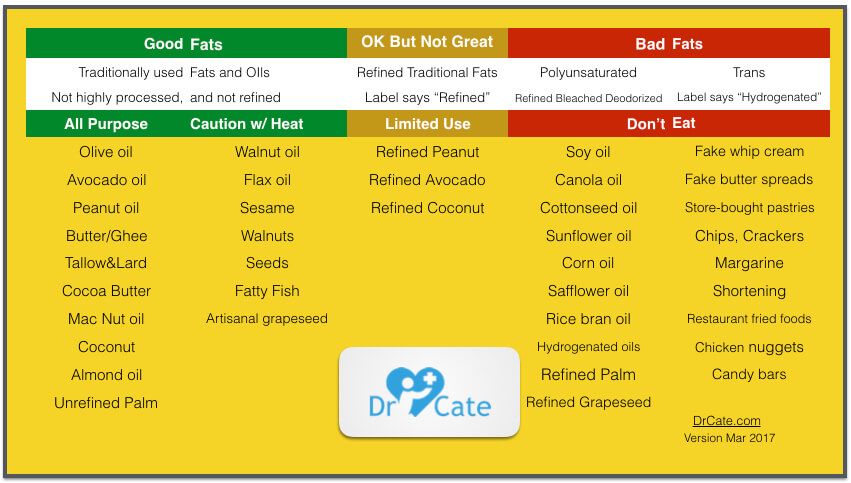I suppose that says it all. I’d like a good reference on the oils along the lines of which to eat and which to avoid. Is there a really good reference out there?
In the last several months, my wife and I have stepped up our “control the omega-6” game and started making our own mayonnaise and salad dressings. We’ve used avocado oil and both Extra Virgin and light olive oils. Most of what we have to work with is light olive oil.
It’s gotten me puzzling over this topic. I know we’re supposed to increase omega-3 oils, which is difficult, but it seems everyone says to drop the soybean oil, corn oil, canola and other vegetable oils that are in all the processed foods.



